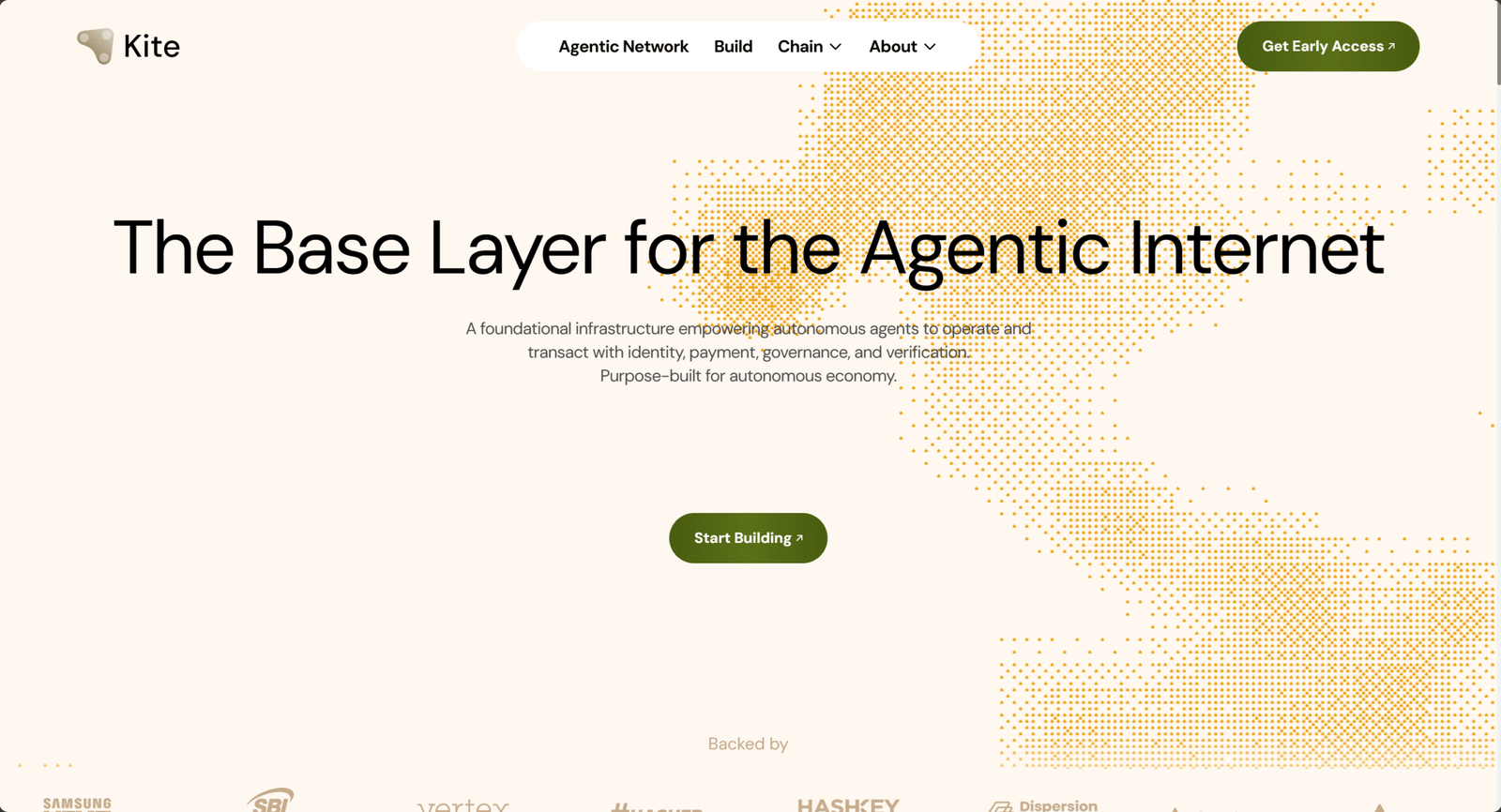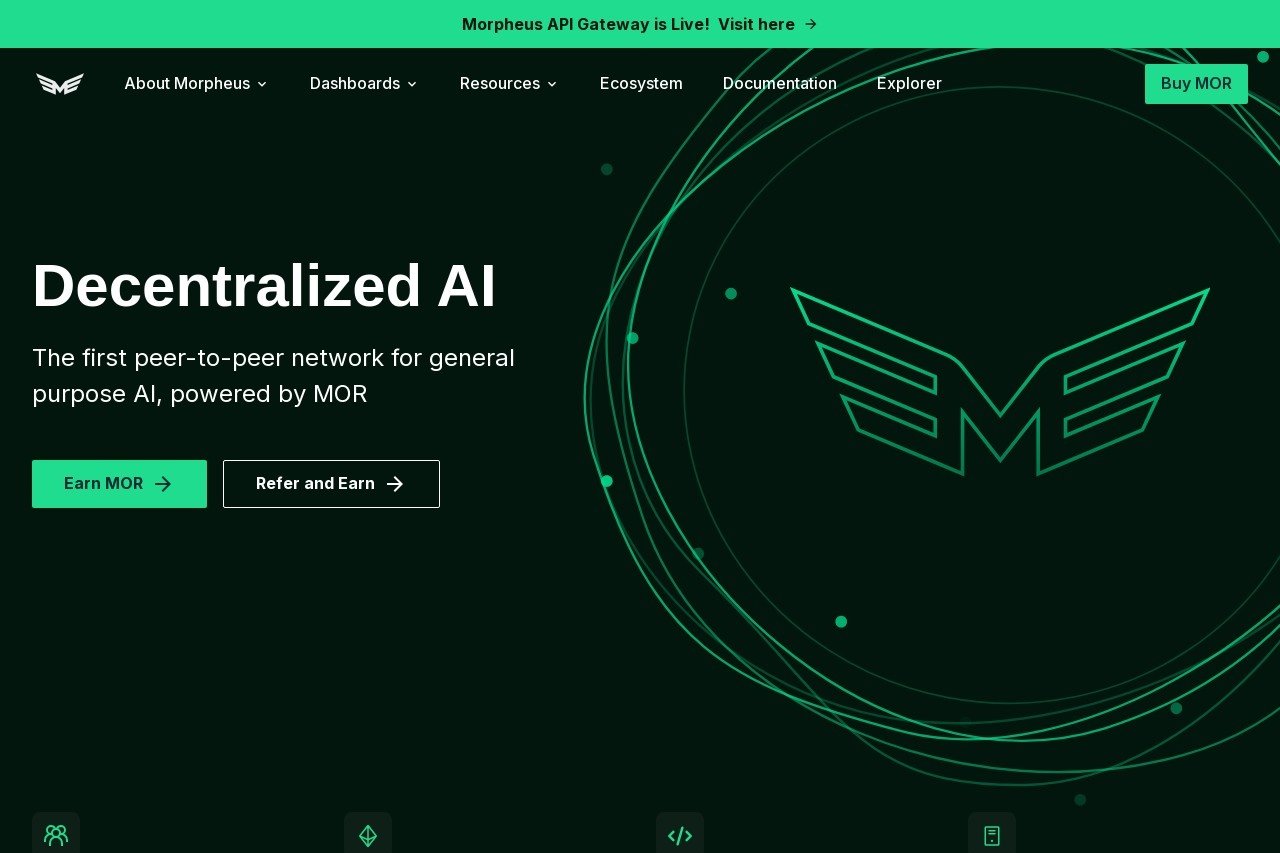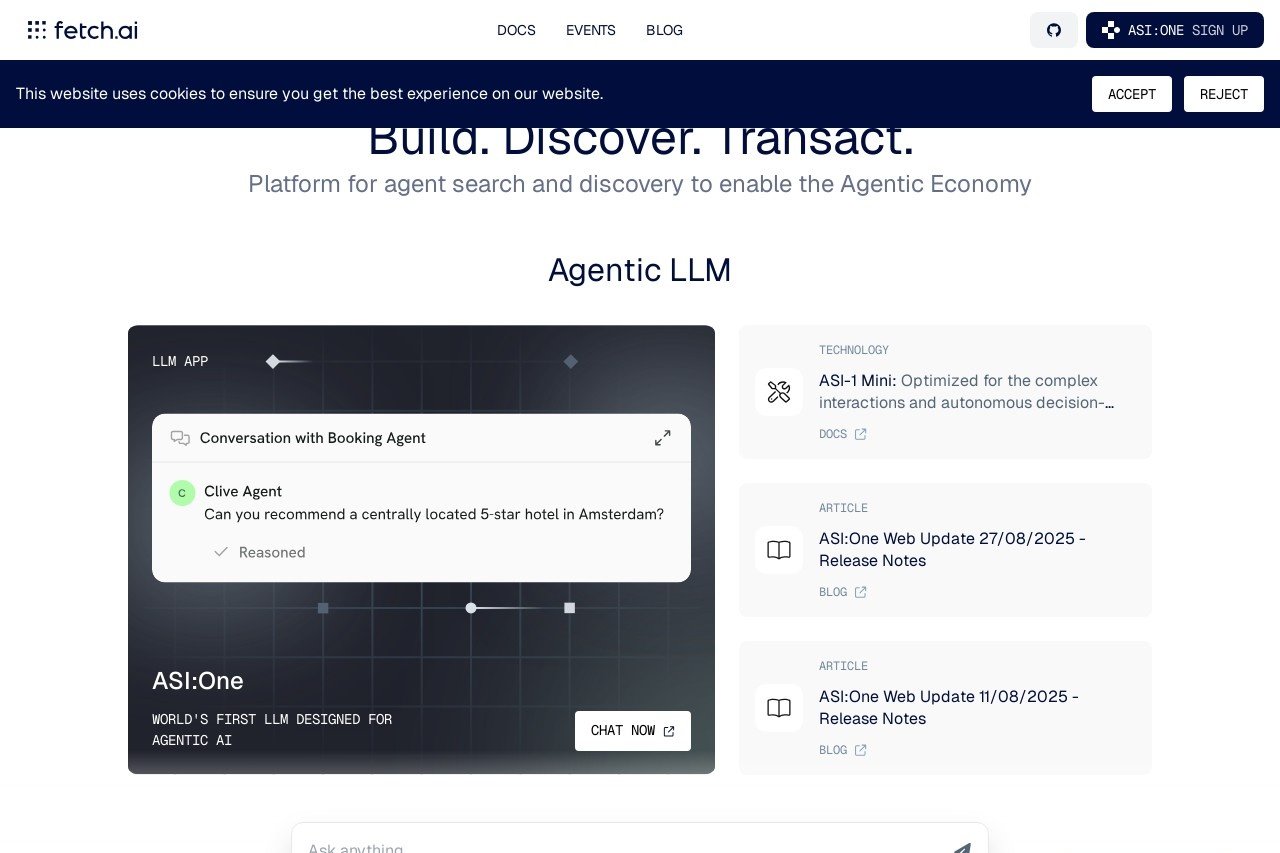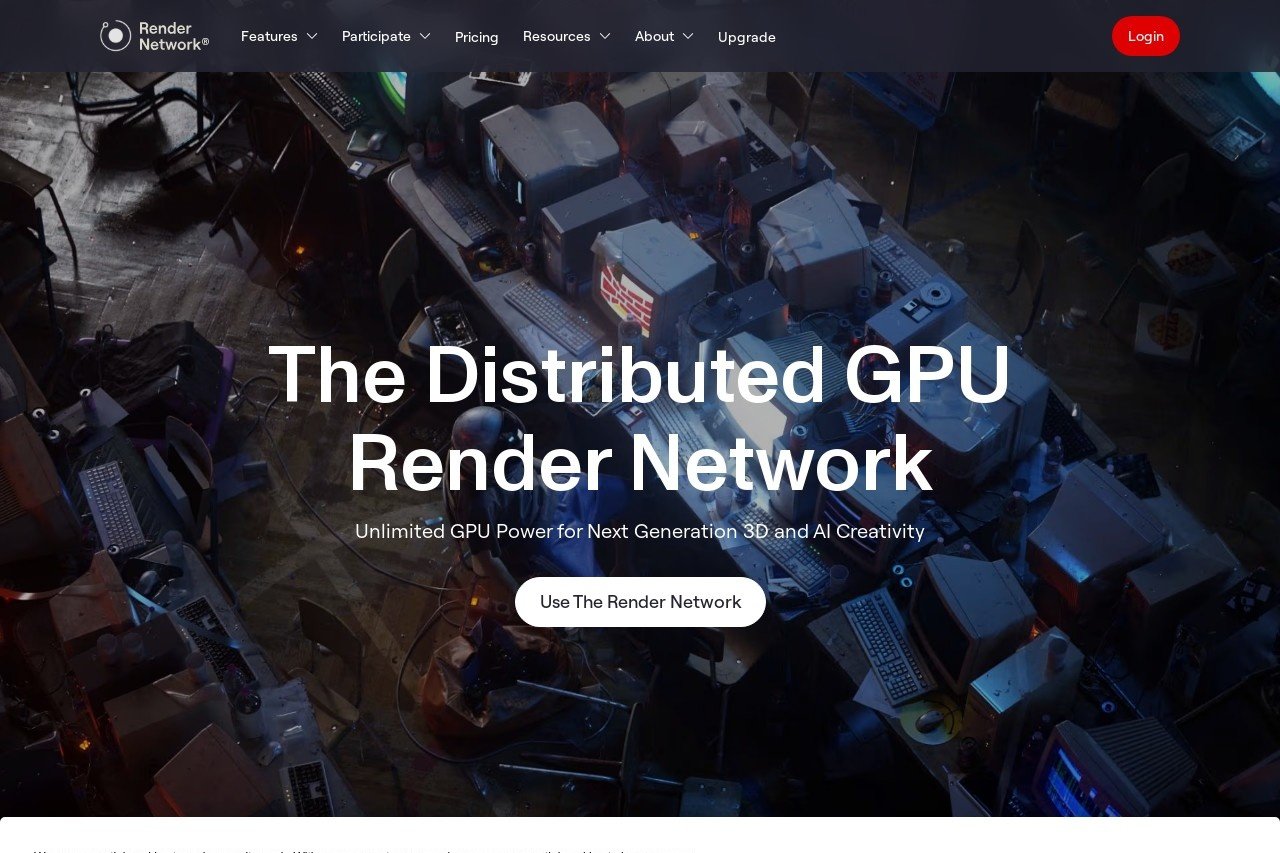
Livepeer is a decentralized network providing scalable video computing infrastructure for AI processing and transcoding.
Livepeer
Introduction to Livepeer
Livepeer is a decentralized video streaming network that offers scalable and cost-effective infrastructure for video transcoding and AI processing. By leveraging blockchain technology, it provides an open and efficient alternative to traditional centralized services, ensuring greater reliability and lower costs for developers and businesses.
Key Features
- Decentralized Video Transcoding: Utilizes a distributed network of nodes to process video files efficiently.
- AI Media Processing: Supports advanced AI tasks such as content analysis, moderation, and enhancement.
- Scalable Infrastructure: Designed to handle high volumes of video content without compromising performance.
- Cost-Effective Solutions: Reduces operational expenses by eliminating middlemen and leveraging shared resources.
Unique Advantages
Livepeer stands out due to its decentralized approach, which enhances security, reduces downtime, and promotes censorship resistance. Its native cryptocurrency (LPT) incentivizes network participants, ensuring continuous operation and growth. Additionally, the platform integrates seamlessly with existing workflows, making it easy for developers to adopt.
Ideal Users
Livepeer is perfect for video platform developers, content creators, AI researchers, and businesses requiring high-volume video processing. It caters to those seeking affordable, scalable, and reliable solutions without relying on centralized providers.
Frequently Asked Questions
- How does Livepeer ensure quality? The network uses a proof-of-work system to verify transcoding accuracy and reward honest nodes.
- Is Livepeer compatible with existing tools? Yes, it offers APIs and SDKs for easy integration with popular development environments.
- What makes Livepeer cost-effective? By distributing work across a global node network, it reduces costs associated with centralized cloud services.












